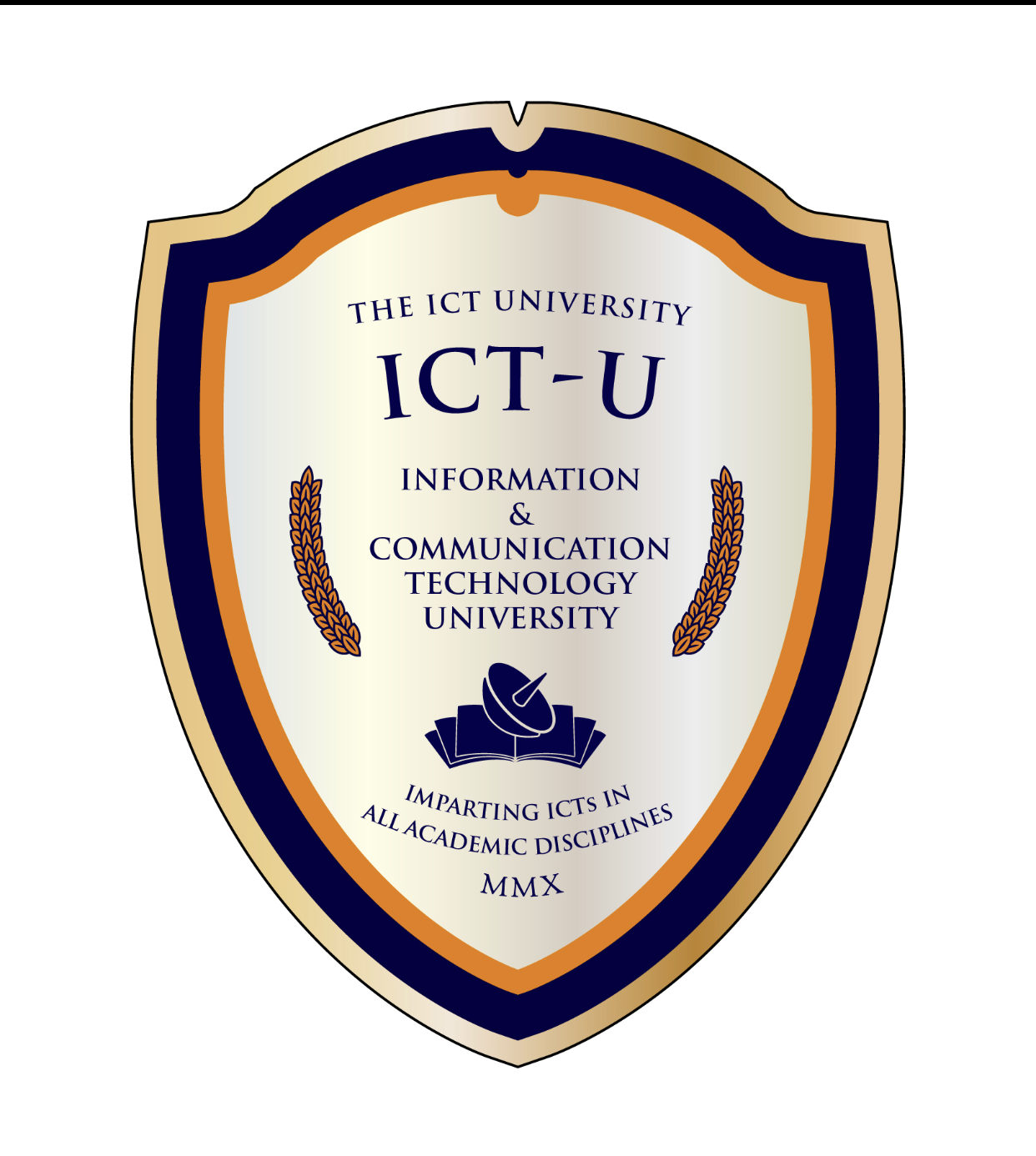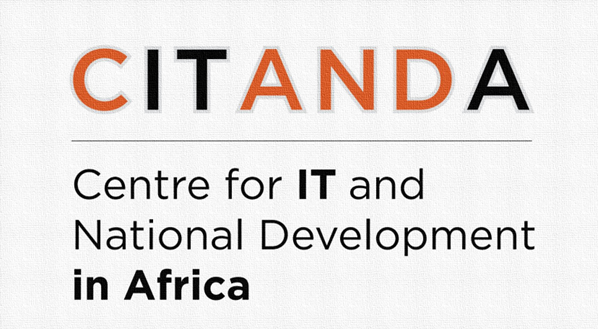Abstract
This case study focuses on students’ acceptance of mobile phones for learning purposes within a project that aims to support and engage distance education students by using mobile phones for distance learning tutorials, rather than using technology merely to communicate information or create access to learning resources. The research design is based on Davis's Technology Acceptance Model and tests multiple hypotheses concerning the effects of perceived usefulness, perceived ease of use, interest in the technology and technology self-efficacy on the use of the mobile tutorials. The evidence gathered confirms that the mobile tutorials enhanced teaching and learning. However, it also highlights several preconditions for successful implementation, including providing technical support to students, using a well-designed interface, improving student information and communications technology (ICT) literacy, controlling the messaging and data costs faced by students, and improving the capacity of course developers and technical staff.


